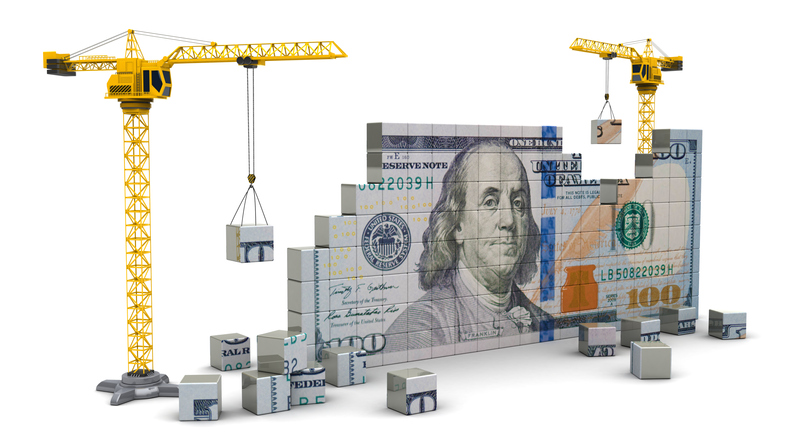See Also: Developing and Retaining Top Talent
Infrastructure investment is essential for economic development. It refers to the funding, construction, and maintenance of physical assets such as roads, bridges, airports, ports, and public transportation systems. This infrastructure is critical for supporting economic activity, creating jobs, and improving living standards. In this article, we will discuss the importance of infrastructure investment for economic development.
First and foremost, infrastructure investment can stimulate economic growth. It provides the physical backbone that supports commerce. Thus, enabling goods and services to move efficiently across the country and around the world. When infrastructure is in good condition, it can help to reduce transportation costs and open up new markets for businesses. This, in turn, can lead to increased investment, job creation, and economic growth.
Infrastructure investment also creates jobs. The construction and maintenance of infrastructure require a range of skilled and unskilled workers. From engineers and architects to construction workers and machine operators. When infrastructure projects are funded and executed, they create jobs not only in the construction industry but also in manufacturing and transportation. This can help to boost local economies, reduce unemployment, and improve living standards.
Moreover, infrastructure investment can help to improve the quality of life for communities. For example, improved transportation infrastructure can reduce commute times, making it easier for people to access jobs, education, and healthcare. Similarly, investments in water and sanitation infrastructure can improve public health and reduce the incidence of waterborne diseases. When communities have access to high-quality infrastructure, they can thrive, and this can have significant positive impacts on their economies.
Infrastructure investment can also help to promote sustainable economic development. For example, investments in renewable energy infrastructure such as wind turbines and solar panels can reduce reliance on fossil fuels, mitigate climate change, and create new job opportunities in the growing green energy sector. Similarly, investments in public transportation infrastructure can help to reduce greenhouse gas emissions, improve air quality, and reduce congestion on the roads.
Finally, infrastructure investment can help to attract foreign investment. When countries have high-quality infrastructure, they become more attractive to foreign investors who are looking to expand their businesses. Foreign investors may be more likely to set up operations in a country with good infrastructure, as it can reduce their transportation costs, improve their supply chain efficiency, and make it easier to access markets. This, in turn, can help to stimulate economic growth and create jobs.
In conclusion, infrastructure investment is essential for economic development. It can stimulate economic growth, create jobs, improve the quality of life for communities, promote sustainable economic development, and attract foreign investment. While infrastructure investment can be costly in the short term, the long-term benefits can be substantial. Investing in infrastructure is an investment in the future, and it is critical for countries that want to remain competitive in the global economy.



















